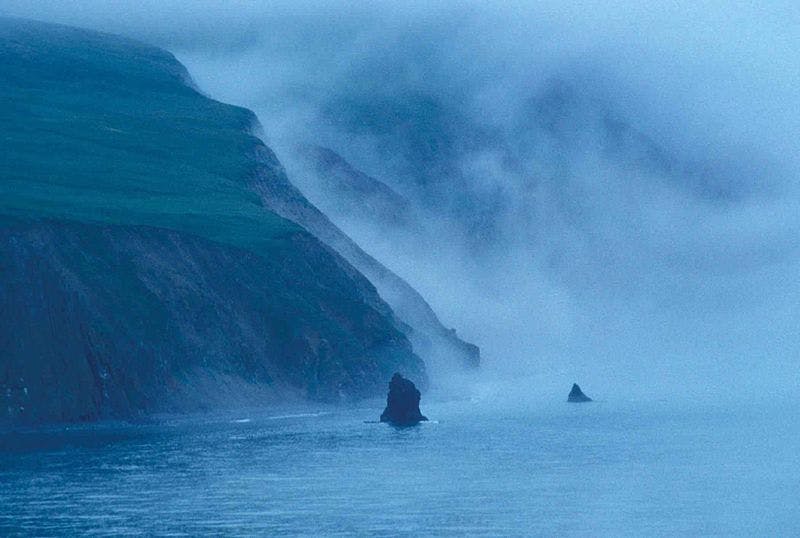
Can Trump ‘Nationalize’ Elections?
By THE NEW YORK SUN
|A modern poet while only partially a modernist, Robert Hillyer wanted a ‘conservative poetry,’ dubbing himself ‘a conservative and religious poet in a radical and blasphemous age.’

Already have a subscription? Sign in to continue reading
$0.01/day for 60 days
Cancel anytime
By continuing you agree to our Privacy Policy and Terms of Service.
By BRADLEY CORTRIGHT
|